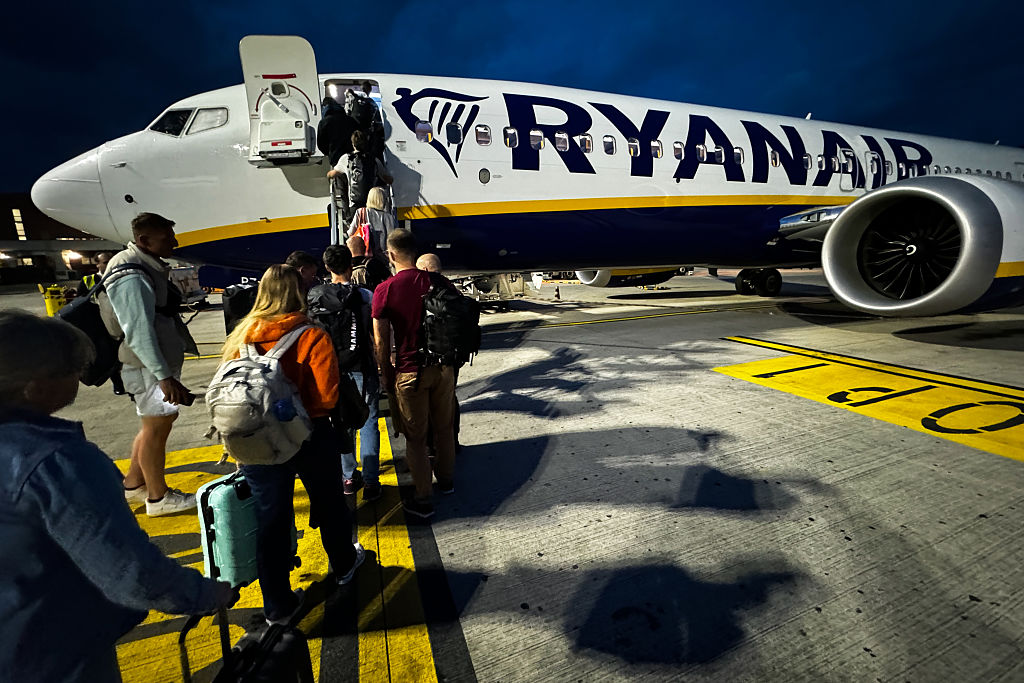A slim majority of EU countries on Thursday agreed to fast-track a long-stalled overhaul of air passenger rights, after smaller states were swayed in last-minute backroom deals.
Under current rules, passengers are entitled to €250–€600 in compensation for delays of more than three hours, in line with rulings by the EU’s top courts. However, at a Council summit in Luxembourg, governments endorsed extending delay thresholds and reducing compensation levels – a change opposed by heavyweights Germany and Spain.
Poland, which holds the rotating Council presidency, secured support for the less consumer-friendly rules from countries representing over 65% of the EU population – enough to adopt the deal.
“This is a big success, and it is a step forward towards the very necessary update of the legislation,” said Dariusz Klimczak, the Polish minister who chaired the talks.
Under the agreed changes, compensation will only be due after a four-hour delay for flights of less than 3,500 kilometres. For longer trips, airlines would only have to pay if flights land at least six hours late, which significantly reduces eligibility compared to the current three-hour standard.
Consumer rights group BEUC said the change would largely let airlines off the hook for routine delays. “The new eligibility thresholds will deprive the majority of passengers from their compensation rights as most delays are between 2 and 4 hours,” said Agustín Reyna, BEUC’s director-general.
In exchange for the higher delay thresholds, airlines will be required to streamline the compensation process.
Germany and Spain led opposition to the changes, backed by Slovenia and Portugal. Hungary abandoned the pro-consumer coalition, reportedly in exchange for a European Commission pledge to assess the real-world impact of the revised rules. Austria abstained.
Parliament backlash
The Council’s decision also triggered anger in the European Parliament.
In a rare move not deployed in over a decade, EU countries adopted a legally binding position, effectively bypassing the usual informal talks with the European Parliament.
Now, the Parliament has four months to respond with its own counter-position, which must be backed by a majority of 361 MEPs.
“The Council is trying to force the Parliament’s hand,” said Jens Gieseke, who speaks for the centre-right European People’s Party (EPP) on transport, warning that the move would “permanently damage the relationship of trust” between MEPs and governments.
Liberal MEP Jan-Christoph Oetjen from the Renew group called the tactic “inacceptable”, accusing governments of using a “procedural trick to stop the Parliament from participating” in the legislative process.
Back in 2014, the Parliament had pushed to enshrine the three-hour delay threshold in EU law, but deliberations on the bill grounded to a halt.
(rh, de)
